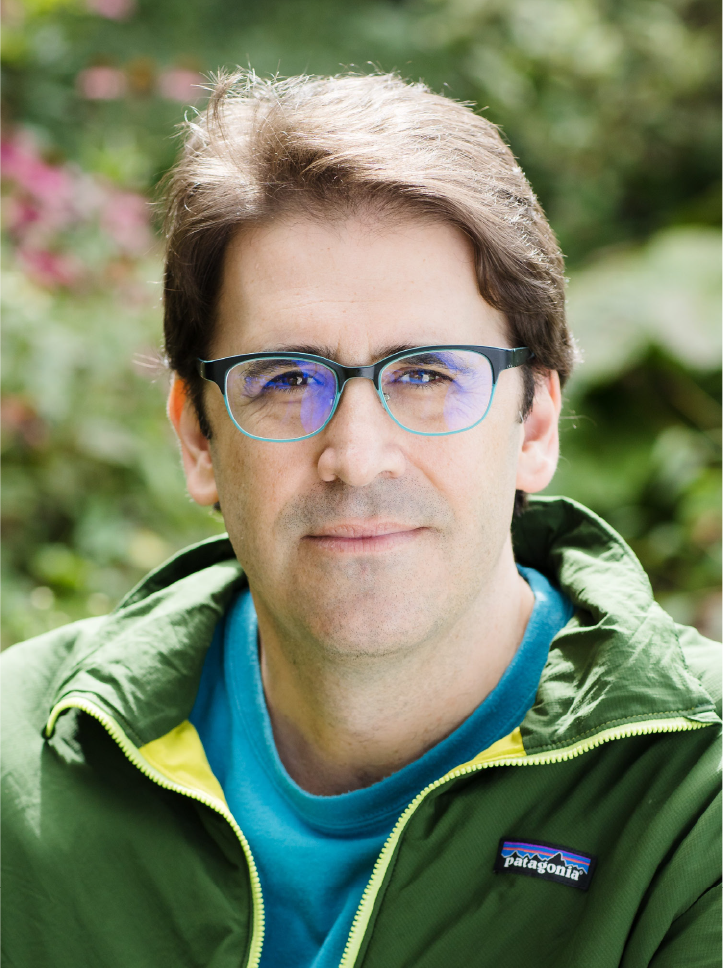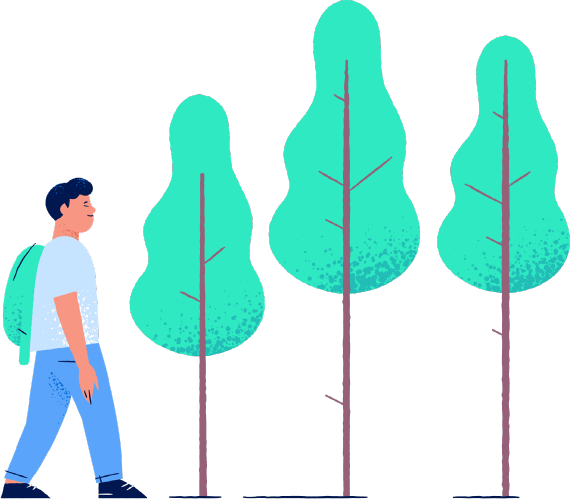
EXTERNAL
Suzano invited an external reader to analyze the content of this publication and express his opinions on the quality and transparency of the information. Check the statement of Tasso Azevedo.

Tasso Azevedo
Forest engineer, consultant, advisor, and social entrepreneur in sustainability, forest and climate. Coordinator of the Greenhouse Gas Emissions Estimation System of the Climate Observatory (SEEG) and of the Annual Mapping of Land Cover and Use in Brazil (MapBiomas), columnist for O Globo newspaper. Visiting scholar at the Brasil Lab at Princeton University. He was General Director of the Brazilian Forest Service, Executive Director of Imaflora and curator of Blog do Clima. He received the Bright Award from Stanford University.

The year 2020 was an immense challenge for everyone: governments, companies, and civil society. The COVID-19 pandemic has imposed a profound and radical change in how organizations plan and operate.
In a year with a massive loss of human lives, Suzano fulfilled the role that is expected of the largest Brazilian agribusiness company by acting to adapt to the conditions imposed by the pandemic while showing solidarity and taking action to support the most vulnerable groups in society.
Nevertheless, it is commendable that even in the midst of this turmoil, the company has maintained its long-term vision by launching ambitious goals regarding the climate agenda, the conservation of water resources, and the expansion of diversity. An important highlight is the net removal of 40 million tons of CO₂ by 2030, including direct and indirect emissions (Scopes 1, 2, and 3), which goes far beyond the increasingly common commitments to zero emissions by the middle of the century.
If this commitment inspires the entire agricultural sector, it is possible that Brazil will no longer be among the largest emitters of greenhouse gases and will become a net contributor to removals long before 2050.
Another highlight is the goal to replace 10 million tons of petroleum-based plastics with substitutes from renewable sources by 2030. This volume is equal to almost one year of the current production of plastics in Brazil. The substitution of oil and gas products is one of the great challenges in transitioning to a low-carbon economy. The initiative to develop bio-oil to replace oil by leveraging the existing refinery infrastructure is especially interesting.
Also worthy of note is the disclosure policy on the commitment to zero deforestation. The company published a report containing an analysis of all the deforestation events identified in its areas by independent analyses (MapBiomas and SOS Mata Atlântica) and describing the actions taken in relation to each event. All cases identified are the result of squatting in the states of Bahia, Espírito Santo (6 ha), and Maranhão (114 ha). This level of transparency and clarity is a benchmark for the entire Brazilian rural sector.
